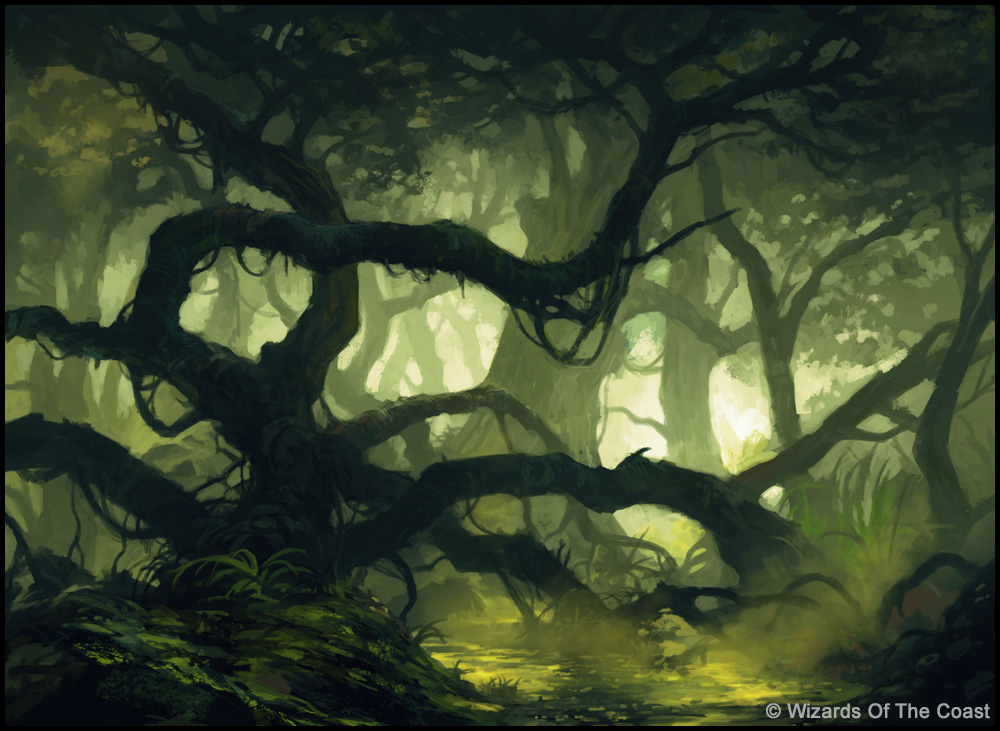Hathaway. (![[personal profile]](https://www.dreamwidth.org/img/silk/identity/user.png) futurologists) wrote2016-06-23 09:12 pm
futurologists) wrote2016-06-23 09:12 pm
MISSION: ZETA-12
MISSION: ZETA-12 All characters, old or new, will receive a form of this dossier to their devices today. Thus, consider all information hereon as ICly available to all characters. Arrival is set for July 1st. ZETA-12 BRIEFING
Unlike previous missions, the team will be exploring a large expanse of land rather than staying in a centralized location. Though they will be dropped in the icy tundra of Zeta-12 to retrieve the squidges, they will be making a trip to the other side of the planet. As squidges are deathly afraid of flying, teleporting, or moving at any speed that is unnatural, they will scream nonstop if one attempts to move them in any other way than an on-foot journey. Some squidges may warm up to other modes of travel, but don't count on it. The focus of this mission will be exploration and animal caretaking. Each team member will be assigned a squidge to take care of from infancy to maturation as they travel across the world to the Wellspring. It's not as easy as it seems — actions taken can and will affect your squidge as it grows up, and not all squidges will successfully reach maturation. The success of this mission depends on caretaking abilities. Squidges will quickly imprint on their caregiver, and for that reason, they will need to spend a significant amount of time with that person. Don't hire a "squidgesitter" too often, and be careful not to scar your squidge for life.     Recruits' basic needs of food, hygiene, and shelter will be provided for. Instead of money, they will have generic supplies. While the team members will receive basic rations, it is only enough to feed one person, with nothing extra to spare. You'll have to scavenge for food the squidges can eat on Zeta-12.  Infant squidges sleep for about 15 hours a day. Like human babies, their sleep is rather irregular. As they grow older, they need about the same amount of sleep as an adult human. However, they are crepuscular rather than diurnal, so they're most active at dusk and dawn. They require about 4 small meals a day, and seem able to digest everything a human can. They are docile, if a little nervous. Most new experiences will give them at least a small amount of anxiety, and any stressful situations will have them screaming or crying if they aren't comforted. They rely heavily on their caretakers and get separation anxiety if they're away from them for too long. They're also able to form close bonds with fellow squidges, and will become distressed if they don't see their friend frequently. Although it's rarer -- most squidges are either indifferent or feel positively towards others -- squidges can also dislike each other if their temperaments are too different. For the most part, think of them like a dog or a cat -- they're fairly friendly animals, but they have their own personalities, likes, and dislikes. Each squidge is different, and how they're treated impacts their personalities greatly. Congrats on becoming a parent! It's a big responsibility, but ALASTAIR believes in you. |


in the right place this time OOPS
APPEARANCE: A medium sized cap mushroom that grows in rotting underbrush, the fungus is pale brown in color and often covered in a slimy yellow-ish secretion.
ENVIRONMENT: Forest, jungle and swamp. Can be found growing on rotted wood or dying trees, tends to grow in small clusters of about 5-10.
HAZARD-LEVEL: Moderate
PROPERTIES: The mushroom itself can be harvested and cooked into a savory dish that tastes quite pleasant. If uncooked, it is still edible, though tends to taste of dirt. The slime on the mushroom seems to be like candy for squidges - the little guys love it and their mood is easily improved by letting them lick some. However, if a recruit ingests any, they will find themselves suffering from moderate to powerful audio-visual hallucinations. In this state, recruits are more likely to have a strange experience than a scaring one, but any duress may change the surreal into the terrifying.
RARITY: Uncommon
NAME OF FLORA: Torrid Truffles
APPEARANCE: Small, rough and black, these truffles may just look like rocks or dirt to the inexperienced recruit.
ENVIRONMENT: Grassland
HAZARD-LEVEL: Low
PROPERTIES: These truffles can be cooked up or eaten raw, and they have a rich flavor. When a squidge or recruit consumes the truffle, they will find themselves feeling very warm. For some this may be a welcome, comfortable sensation, but for others they may feel too hot, as if perpetually outside on a muggy day. The symptoms do not make the individual feel feverish or weak - though there remains one reason for concern. While the effected party feels warm, their bodies are actually functioning at a normal temperature, so journeys into the tundra could result in hypothermia or frostbite if one isn't careful.
RARITY: Rare